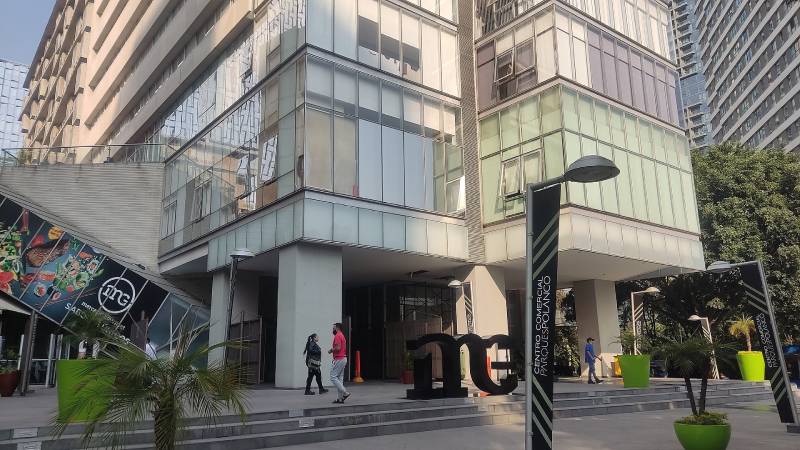
When Pablo Aramburuzabala died, he left behind no male heirs to handle the family’s stake in what María described as “the most macho business there is.” María subsequently co-founded Tresalia Capital — named after the “Three Allies” of herself, her mother, and her sister — and grew her family’s wealth through strategic investments in real estate, technology, private equity, and more. Her journey offers three critical lessons for family office builders seeking to manage wealth across generations.
01 Make Succession Planning a Time-Sensitive Priority
María told the New York Times that after her father died, “The world caved in on us. Friends, enemies, boyfriends – everyone wanted control. Less than a month after my father died, we had people coming to tell us that he had left them in charge, and that they were going to manage things for us.”
This scenario represents every wealthy family decision-maker’s nightmare. Yet statistics suggest roughly half of them have not taken effective steps to prevent it from happening.
According to the UBS Global Family Office Report 2025, just over half (53%) of family offices globally have wealth succession plans in place. The Campden Wealth/AlTi Tiedemann Family Office Operational Excellence Report 2025 found similar results for North American family offices: 50% of family offices with first and third generation wealth owners in charge had no formal transition plan. Neither did 40% of family offices with other generations in charge.
Wealth Aggregation: Simple, Dynamic, and Secure Beyond Compare. Discover the Altoo Wealth Platform!
Why succession planning gets delayed
UBS found that 29% of family offices report beneficial owners feel succession planning is not urgent. Another 21% said beneficial owners have not decided how to divide their wealth. Meanwhile, 18% said beneficial owners were too busy to even raise the topic.
Wealth owners who delay succession planning risk putting their heirs in uncomfortable situations like the one María faced. Don’t leave them hanging. It’s easy to find time for more pleasant topics — but your heirs will be forced to address succession if you don’t, possibly risking the wealth you’ve built.
02 Involve Family Members Early and Often
According to the same New York Times interview, María had an accounting degree from the prestigious Instituto Tecnológico Autónomo de México but little real-world experience with spreadsheets or annual reports when her father died.
Her brother-in-law had been named general director, so she did not seek control. She did, however, fight to keep her family’s stake in the business. She also pursued her own personal “MBA” by volunteering to turn around two Grupo Modelo yeast companies that had gone bankrupt and to lead negotiations in a $1.6 billion sale of a noncontrolling stake to Anheuser-Busch.
María was successful in both initiatives. Just one year after her father’s death, she became Grupo Modelo’s vice chairwoman and founded Tresalia Capital with approximately $500 million her family is believed to have earned from the Anheuser-Busch deal.
María clearly displayed significant talent, but wise wealth owners will not bet their family fortunes on their heirs performing as well in such challenging circumstances. María’s father could have guided her through a similar education whilst he was alive instead of leaving her to tackle it alone.
Learning from experience
María learned this lesson well. She told her two sons stories about business and investing — both successes and failures — from when they were quite young. Today her sons are in their thirties and, according to Bloomberg, have plenty of time to “earn their stripes” in the business world under her guidance.
According to UBS, the most popular ways family offices prepare the next generation are:
- Encouraging philanthropy (39% of family offices globally)
- Requiring professional experience from outside the family operating business or office (38%)
- Encouraging entrepreneurship with startup capital (36%)
- Involvement with the family operating business (32%)
03 Diversify Investments to Mitigate Risk
María has not rested on her family’s beer fortune. Following the 2013 sale of Modelo to Anheuser-Busch InBev for $20 billion, she reinvested proceeds into AB InBev shares and diversified Tresalia’s portfolio across multiple sectors including technology via KIO Networks, media through Grupo Televisa, and consumer brands like Tory Burch and Casper.

Tresalia’s real estate arm, Abilia, has developed iconic projects like Parques Polanco in Mexico City. The family office’s venture investments include Kavak, an online marketplace for used cars, and Luuna, a direct-to-consumer mattress brand.
Managing such diversified portfolios across multiple asset classes and geographies requires sophisticated oversight. The Altoo Wealth Platform enables family offices to consolidate and track investments like Tresalia’s — from traditional equities to alternative assets and direct holdings — and get the comprehensive visibility they need to execute complex diversification strategies effectively.
Takeaway
María Asunción Aramburuzabala’s transformation from unprepared heiress to Mexico’s wealthiest woman over the last three decades offers clear guidance for family office builders. Prioritise succession planning before it becomes urgent. Involve the next generation early in their wealth education. Diversify investments to create resilience across economic cycles.
These lessons, combined with modern technology that enables sophisticated portfolio management, provide a roadmap for building family offices that can preserve and grow wealth across generations. The question is not whether your family will need to address succession but whether you will prepare for it in advance.
Ready to build a family office that can handle complex, diversified portfolios? Contact us for a demo of the Altoo Wealth Platform today.


















